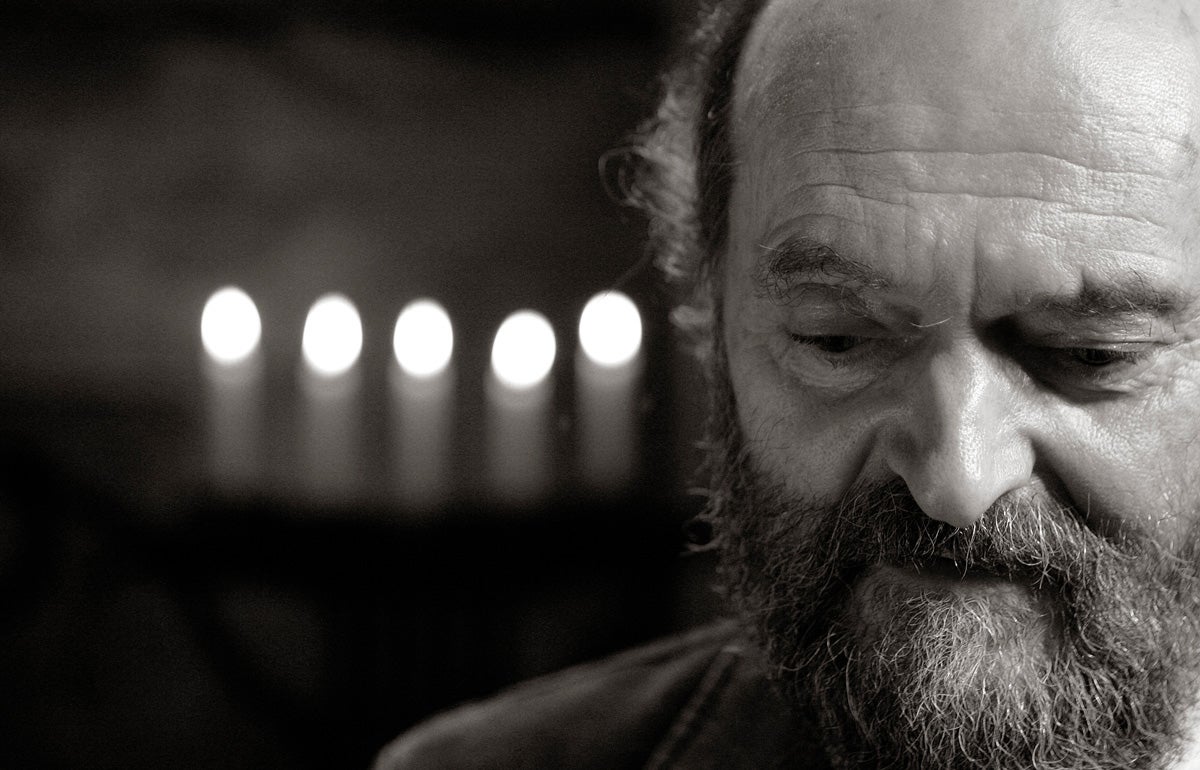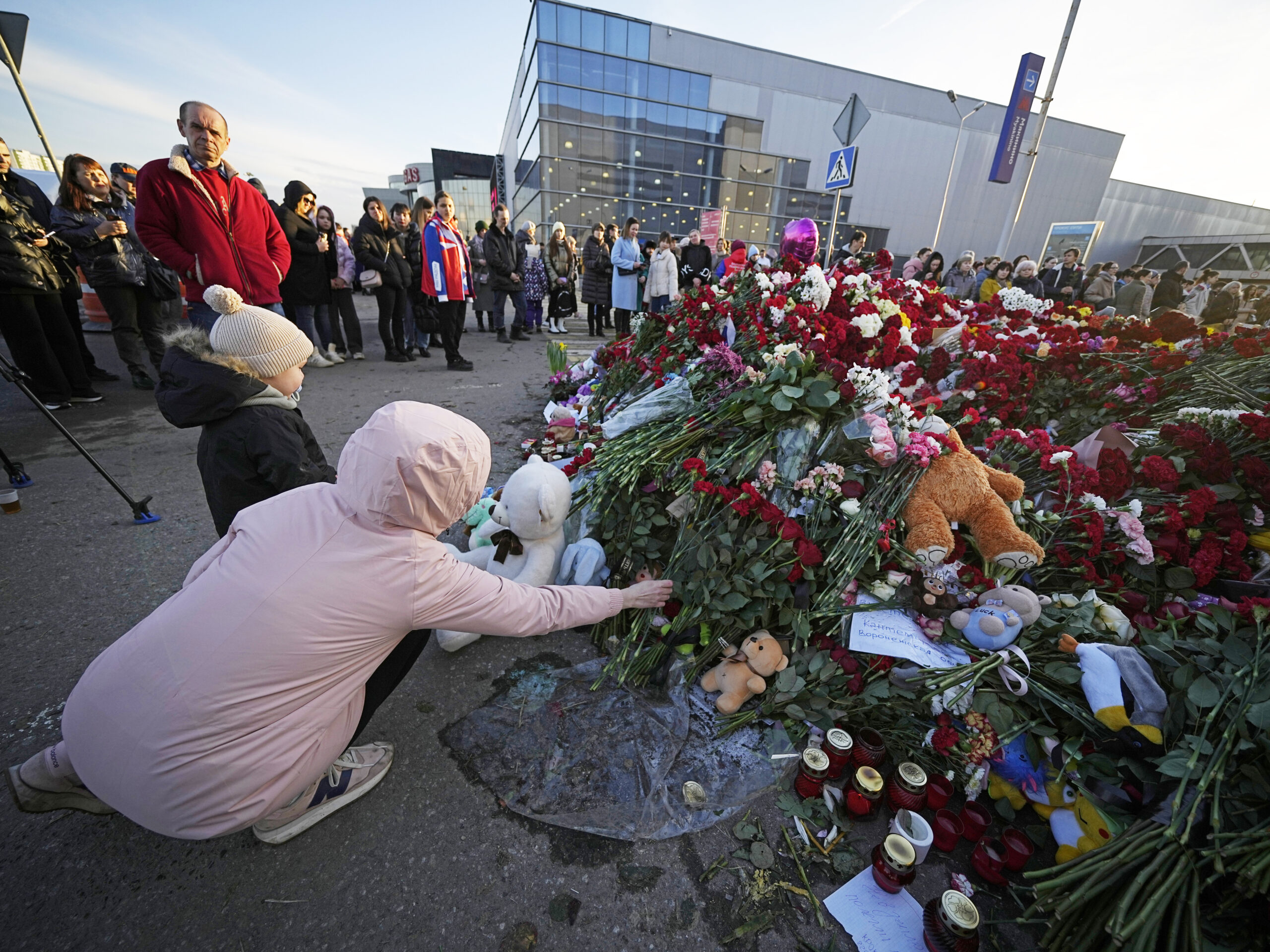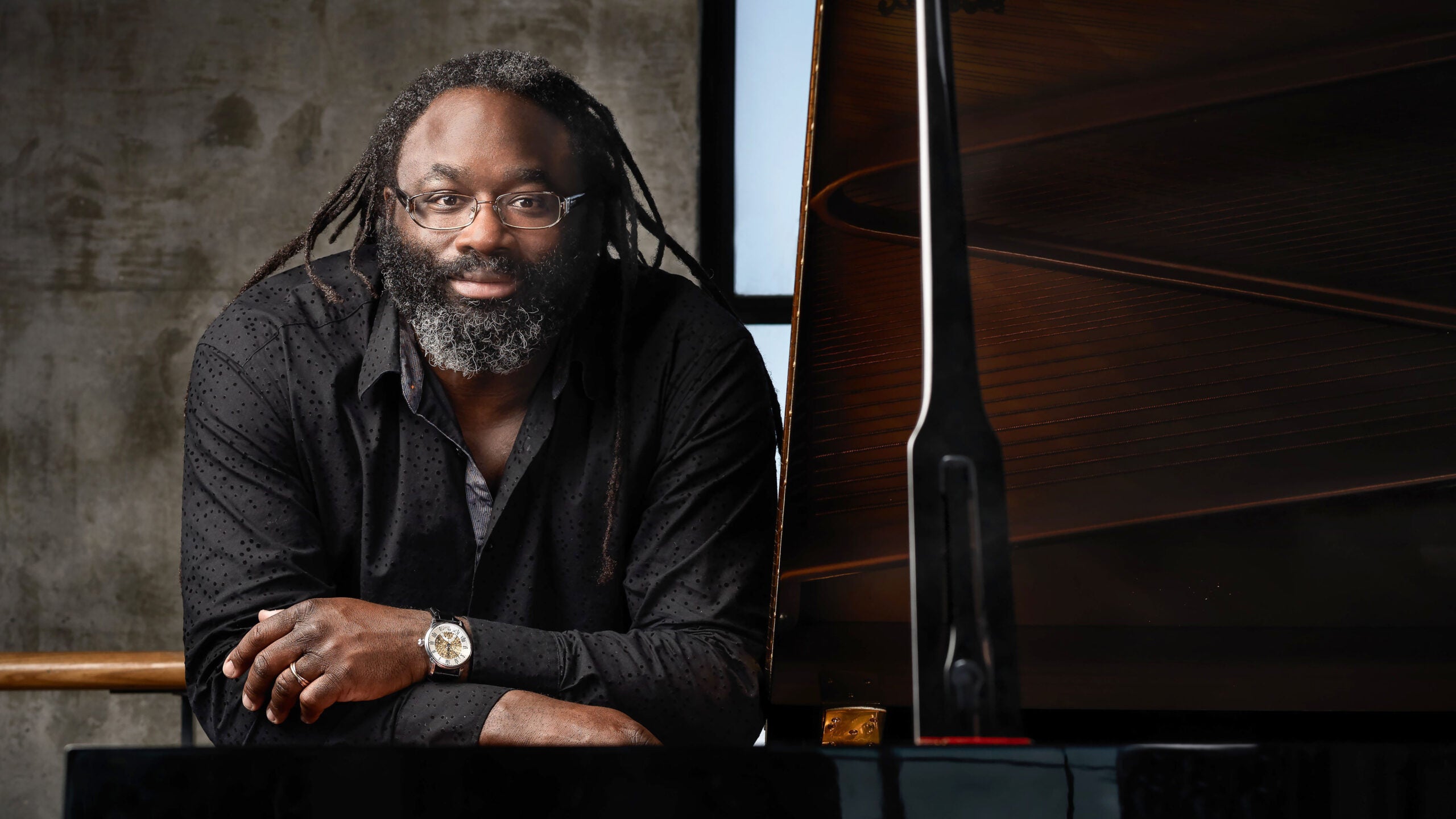Most composers make sacrifices for their music. But few have had to give up their country. One who did was Arvo Part.
Pärt was born in 1935 in Estonia, one of the three Baltic states wedged in between powerful neighbors – Germany to the west and Russia to the east. Part felt that his musical education was western, emphasizing the great European composers, while his spiritual upbringing was eastern, influenced by the Russian Orthodox Church.
From the age of about seven Part attended a children’s music school where he received instruction in piano, music theory, and literature.
Stay informed on the latest news
Sign up for WPR’s email newsletter.
His musical talent began to manifest itself. One fellow student recalled that Part just seemed to “shake his sleeve and the notes would fall out.”
He entered the Tallinn Conservatory and studied with Estonia’s great composer Heino Eller, who wrote conservative music, but allowed his students to explore the new ideas coming in from the west. But recognition as a composer still required Part to write within the traditional guidelines that persisted in the post-Stalinist Soviet Union.
In 1968 the eastern influence began to show in Part’s music when he wrote his Credo for piano, chorus and orchestra. The Credo’s overtly religious nature was frowned upon by Soviet authorities, and the work also sparked a creative crisis and physical collapse for the composer. In 1972 he joined the Russian Orthodox Church, his health returned, and he began studying early music, which led Part to a new tonal style.
By 1979 the strictures placed on Part by the Soviet government made it impossible for him to function as a composer. So early in 1980 Part and his family left Estonia to take up a new life in Berlin, where Arvo Part became known as one of the most innovative – and popular composers in the world.
Wisconsin Public Radio, © Copyright 2024, Board of Regents of the University of Wisconsin System and Wisconsin Educational Communications Board.




